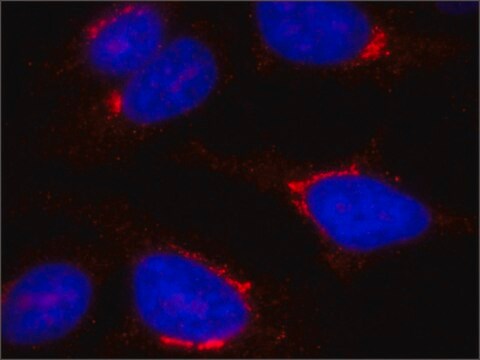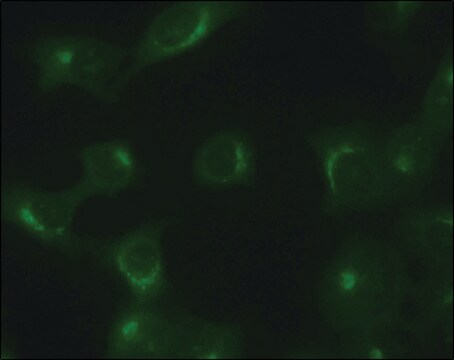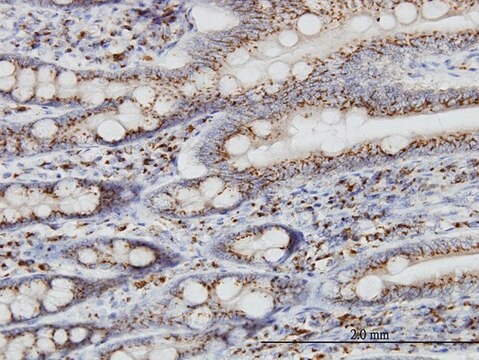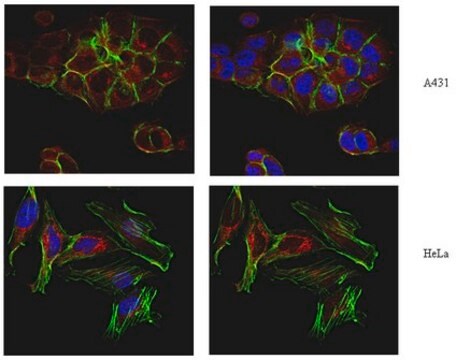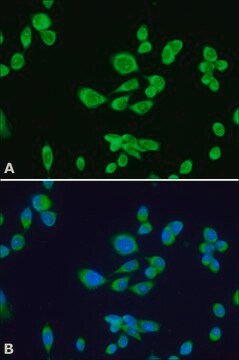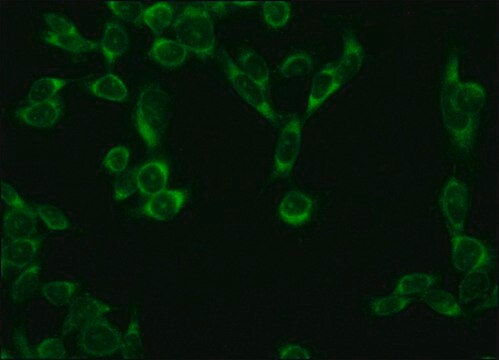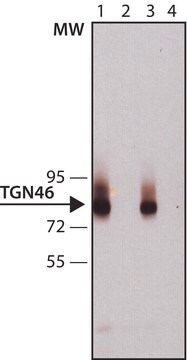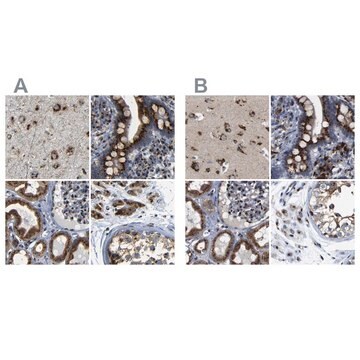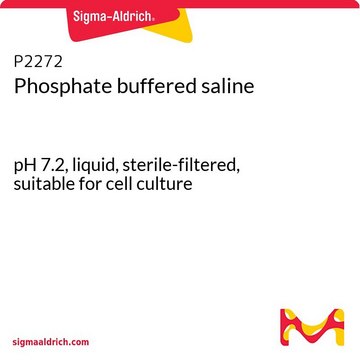T9826
Anti-TGN38 antibody produced in rabbit
~1 mg/mL, affinity isolated antibody, buffered aqueous solution
Synonyme(s) :
Anti-MGC108592, Anti-TGOLN2, Anti-TTGN1, Anti-Trans-golgi network protein 2
About This Item
Produits recommandés
Source biologique
rabbit
Niveau de qualité
Conjugué
unconjugated
Forme d'anticorps
affinity isolated antibody
Type de produit anticorps
primary antibodies
Clone
polyclonal
Forme
buffered aqueous solution
Poids mol.
antigen ~38 kDa
Espèces réactives
rat
Concentration
~1 mg/mL
Technique(s)
indirect immunofluorescence: 5-10 μg/mL using rat NRK cells
Conditions d'expédition
dry ice
Température de stockage
−20°C
Modification post-traductionnelle de la cible
unmodified
Informations sur le gène
rat ... Tgoln1(192152)
Description générale
Spécificité
Immunogène
Application
- immunofluorescence
- western blotting
Actions biochimiques/physiologiques
Description de la cible
Forme physique
Stockage et stabilité
Clause de non-responsabilité
Vous ne trouvez pas le bon produit ?
Essayez notre Outil de sélection de produits.
Produit(s) apparenté(s)
Code de la classe de stockage
10 - Combustible liquids
Classe de danger pour l'eau (WGK)
WGK 3
Point d'éclair (°F)
Not applicable
Point d'éclair (°C)
Not applicable
Équipement de protection individuelle
Eyeshields, Gloves, multi-purpose combination respirator cartridge (US)
Faites votre choix parmi les versions les plus récentes :
Déjà en possession de ce produit ?
Retrouvez la documentation relative aux produits que vous avez récemment achetés dans la Bibliothèque de documents.
Notre équipe de scientifiques dispose d'une expérience dans tous les secteurs de la recherche, notamment en sciences de la vie, science des matériaux, synthèse chimique, chromatographie, analyse et dans de nombreux autres domaines..
Contacter notre Service technique